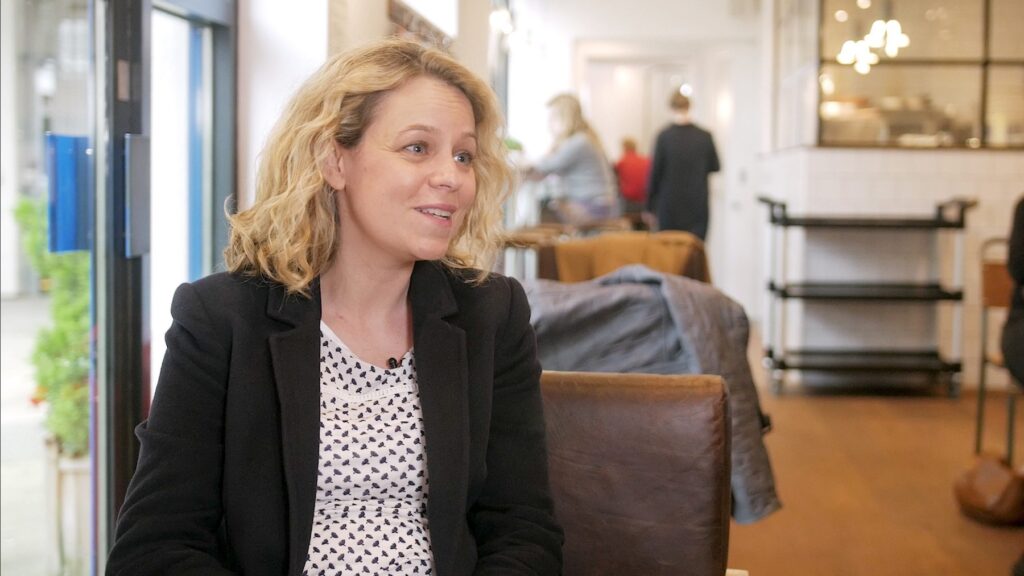Title: The Play’s the Thing: Experimentally Examining the Social and Cognitive Effects of School Field Trips to Live Theatre Performances Published: Educational Researcher (2018). Vol. 47(4), pp. 246– 254. 2018 Authors: Jay P. Greene (Professor of Education, University of Arkansas) Heidi H. Erickson (Doctoral Fellow, University of Arkansas) Angela R. Watson (Distinguished Doctoral Fellow, University of […]

The heightened interest around teacher recruitment and retention in the last few years (Doherty and Gerrard, 2016; Lynch et al., 2016; DfE, 2017; Ward, 2017) has given rise to the timeliness of a report published by the NFER and the Nuffield Foundation. Is the Grass Greener Beyond Teaching? (Bamford and Worth in 2017) presents a robust, […]

Feedback that opens up thinking and discussion involves engaging with responses to questions and offering pupils opportunities to express themselves. Classrooms where effective interactive learning takes place are characterised by use of feedback to create a conversational environment. This research review outlines some practical approaches to two-way feedback and open questioning, drawing on two school-based […]

If you gave me a £1bn for education, I’d put it into CAMHS. Sam Freedman on student mental health, policy under Gove and educational equality.

Ross Morrison McGill talks CPD, wellbeing and taking back control. It’s important teachers get connected and start collaborating. We talk all things education with Ross Morrison McGill, aka Teacher Toolkit.

This article is published as part of Impact with kind permission from BMJ Publishing Group. The article appears here in full. Health care professionals are increasingly required to base their practice on the best available evidence. In the first article of the series, I described basic strategies that could be used to search the medical […]

Professor Becky Allen talks about everything from teacher training to school admissions and data.

Sometimes it’s worth repeating the obvious, just in case anyone missed it. Everyone should watch The Wire, Scottish hopes of footballing success are rarely fulfilled, and Tim Shanahan’s website is one of the best sources of information about literacy on the internet. Shanahan is Professor Emeritus at the University of Illinois at Chicago, and has […]

For two years I had responsibility for developing the quality of teaching and learning at the primary school in West Sussex I worked at. One of our greatest successes came from developing a coaching programme which was tailored to individual teachers, highly personalised and prioritised across the whole school. Why teachers need coaches My philosophy […]

I first developed an interest in metacognition when I studied neurology as part of my degree. Since then, I’ve incorporated it into my teaching practice as I think it helps pupils make progress. Metacognition is described by Tarrant and Holt (2016) as thinking about how we learn and how we think. In the classroom, metacognition […]

In our state-funded school, Southend High School for Boys, the primary purpose of leadership is to create an environment where others thrive (Sergiovanni, 1992). Our school is located on the outskirts of London and serves an economically and socially diverse community. We have 1,200 students, aged between 11 and 18, and have secured a national […]

Teachers spend a lot of time thinking about difference. We break down data into sub-groups, plan lessons to support and extend, and consider what extra we might do for students falling behind. But should we spend more time thinking about what students have in common? Might a rush to differentiate mean we spend less time […]

Teaching has always been demanding – but it seems to be getting worse. Workload is one of the major causes of driving some 10% of teachers in the UK to leave the profession each year. In the last two years, 90% of teachers have thought about leaving, according to a survey of over 16,000 members […]

Education policy bingo enthusiasts are rarely disappointed to see a reference to how good East Asian systems are at maths on their cards. The impressive PISA and TIMSS performances of students in Singapore, South Korea, Hong Kong and Shanghai are never far from the news. In England, East Asian approaches have informed a number of […]

In my last post, I declared myself a big fan of Barak Rosenshine. His writing is sharp and illuminates some interesting ideas around the murky educational debates between teaching skills versus knowledge, and the relative merits of teacher- and student-led activities. Rosenshine’s support for explicit teacher-led skills instruction shows why a binary split between ‘traditional’ […]

Barak Rosenshine’s 1997 article, The Case for Explicit, Teacher-led, Cognitive Strategy Instruction, is only eight pages long, but it is an excellent companion to the long-standing educational debate around ‘progressive’ and ‘traditional’ approaches to teaching. If you read one thing about education before the new term, I would recommend it. For a start, the paper underlines that […]

This printable PDF poster includes explanations of a range of key terms from education research, including causation; effect size; Hawthorne effect; practitioner research; control group; empirical research; intervention; randomised controlled trial; correlation; ethics; literature review; sample size; data; evidence-informed practice; peer review; and teacher journal clubs. Download now

What’s the idea? Remote online learning has become the new norm in light of the pandemic. But how appropriate is this for children with Special Educational Needs (SEN) in the Early Years? This guide offers alternative ways in which educators can encourage learning at home without the use of IT. What does the research say? […]

What’s the idea? The aim of this guide is to consider how we can motivate, engage and support children with special educational needs (SEN) to participate in arts activities from a distance. We know that the arts can be a ‘life-enhancing and essential part of our existence’ for all (Cultural Learning Alliance, 2017 p. 1). […]

Vision for the twenty-first century The World Economic Forum (WEF) Report: New Vision for Education (2015) is based on a detailed analysis of research literature and defines what it considers to be the most crucial skills for twenty-first century citizens worldwide. The WEF states that: To thrive in a rapidly evolving, technology-mediated world, students must […]



















